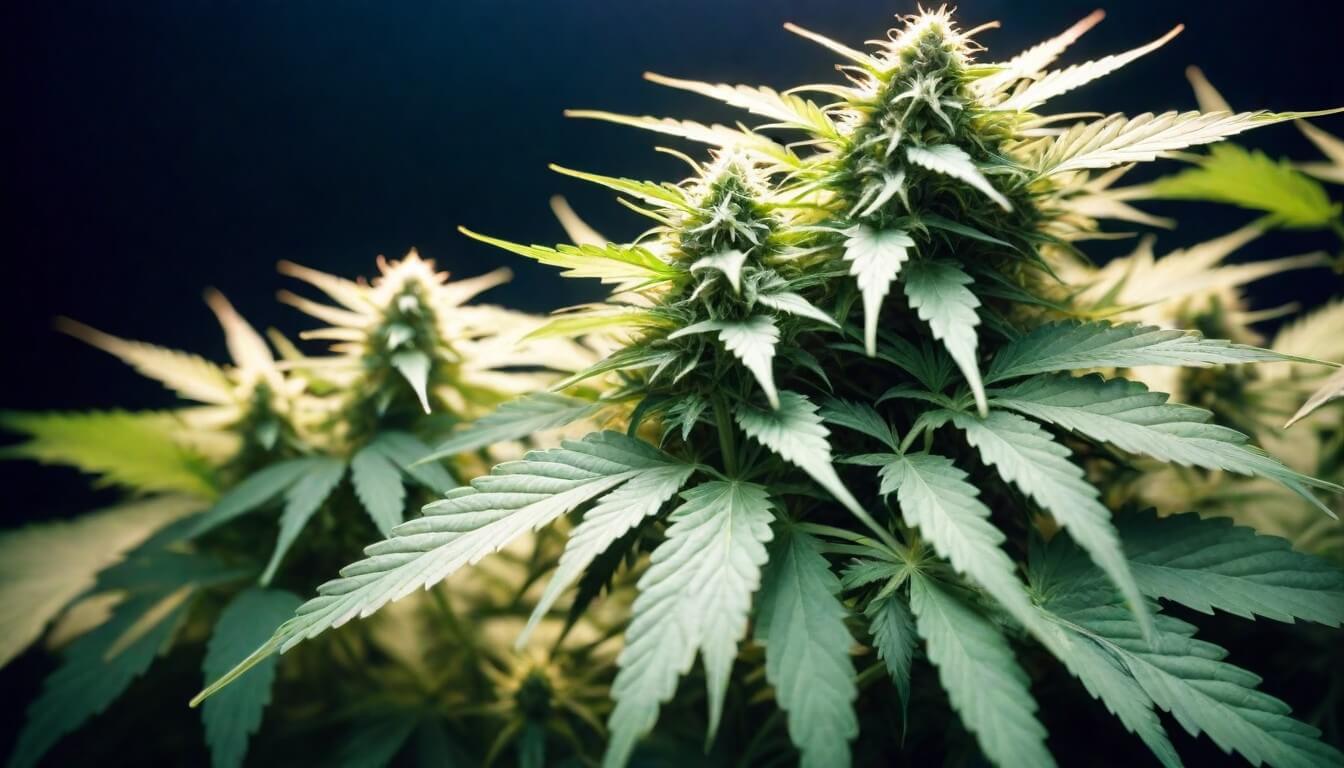The Drug Enforcement Administration (DEA), in conjunction with the Health and Human Services (HHS) department, has proposed reclassifying marijuana from a Schedule I substance to a Schedule III substance under the Controlled Substances Act. This change suggests a transformative approach to recognizing cannabis’s medicinal benefits while maintaining certain regulatory constraints. The Justice Department recently confirmed this initiative, marking the beginning of a structured rulemaking process as mandated by Congressional statutes.
The impact on medical research and legality
One of the critical aspects of reclassifying marijuana is its effect on scientific study. By shifting cannabis to Schedule III, the barrier that currently hinders extensive research due to its Schedule I status will be notably reduced. This change promises to bolster scientific inquiries and enhance our understanding of cannabis’s therapeutic potential. Nevertheless, despite these changes at the federal level, the utilization and trade of cannabis within state markets remain federally illegal, and certain criminal penalties persist.
Assessment by health authorities
The reclassification proposal stems partly from determinations made by HHS that cannabis possesses acknowledged medical applications within the United States and carries a lower risk of abuse compared to other controlled substances found in Schedules I and II. These assessments are grounded on diverse epidemiological studies suggesting cannabis’s relatively low safety risks when compared to other more heavily regulated substances.
Political momentum for change
The push towards rescheduling cannabis has not been without political backing. A group of twenty-one lawmakers has advocated for this policy shift, emphasizing internal debates within the DEA, as highlighted in reports.
Furthermore, HHS Secretary Xavier Becerra also presented his stance in favor of rescheduling during a congressional hearing, advocating patience and diligence in navigating the complex decision-making landscape surrounding cannabis legislation. His interaction with key stakeholders in the cannabis advocacy community further demonstrates the ongoing dialogue between policymakers and industry representatives regarding this pressing issue.
Continued challenges ahead
While the proposition to reclassify marijuana signifies a progressive step towards altering how cannabis is perceived and managed at the federal level, it does not completely address the intricacies of its legal status across various states. Although federal penalties related to certain marijuana-related offenses might continue, the acknowledgment of its medicinal value could stimulate additional legislative reforms aimed at harmonizing state and federal laws in the future. Moreover, this landmark decision, if finalized, has the potential to pave the way for more comprehensive healthcare and judicial reforms associated with cannabis use.
A dynamic scenario for patients and professionals
The proposed scheduling adjustment may considerably alter the landscape for countless patients and the broader medical community who advocate for or prescribe medical marijuana.
With federal health officials confirming the drug’s acceptability for medical use, the scope for prescribing and using medical marijuana is bound to expand, having profound implications for healthcare treatment options across various conditions. This acceptance could potentially lead to an increased legitimacy and normalization of cannabis use in medical settings, albeit within the rigorous confines of continued federal oversight.
The DEA’s decision to propose the reclassification of marijuana as a Schedule III drug represents a pivotal transformation in the federal government’s approach to cannabis regulation. It acknowledges both the medicinal advantages and the need for continued control. However, the journey toward complete integration of cannabis into the medical and legal fabric of the U.S. remains fraught with challenges and complexities.
As the formal rulemaking process unfolds, all eyes will be on how these changes will resonate across legal, medical, and social spheres, influencing attitudes and policies enclosing cannabis use.





